MEGHAN Markle has backed a coffee firm who bought oat milk from a company based in China’s “police state” Xinjiang province, it has been claimed.
It comes after human rights groups urged western companies to cut ties with the region because of the genocide of the minority Muslim Uighur community.
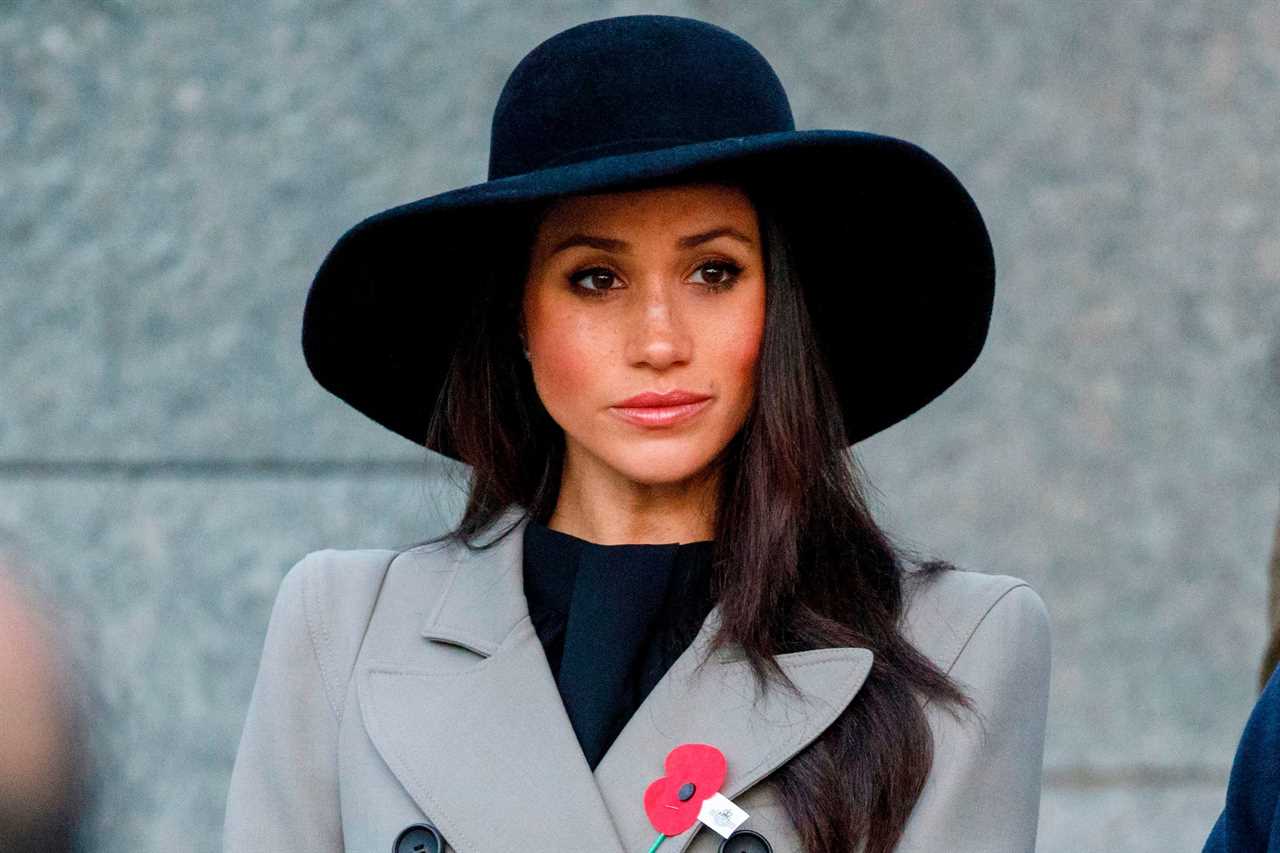
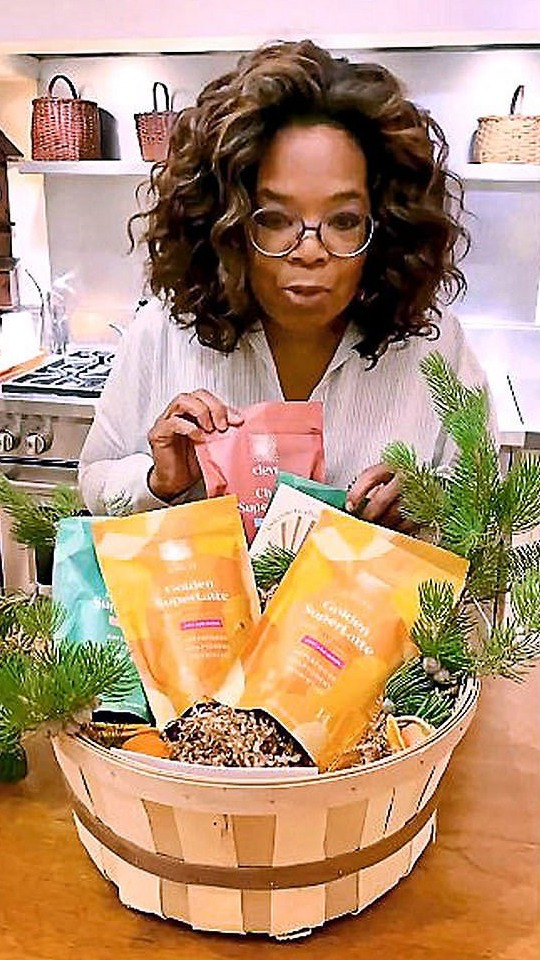
An estimated one million Uighurs and other minority groups have been detained in Chinese prison camps since 2015.
People have been subjected to torture, sterilization and political indoctrination in addition to forced labor as part of a brutal assimilation campaign in a region with a Han Chinese majority.
There have also been reports of forced birth control.
But according to the Mail on Sunday, Meghan last year invested in Clevr Blends which bought nearly 19 tons of oat milk powder from a company in Urmqi, the capital of Xinjiang.
Before Meghan and Harry’s bombshell interview with Oprah Winfrey, the TV presenter posted about the company on social media after she received a basket of the products from a neighbour she called “M”.
The supplier to Clevr Blends, Xinjiang Haiyan International Trade, has its head office just four miles away from four different alleged detention centres.
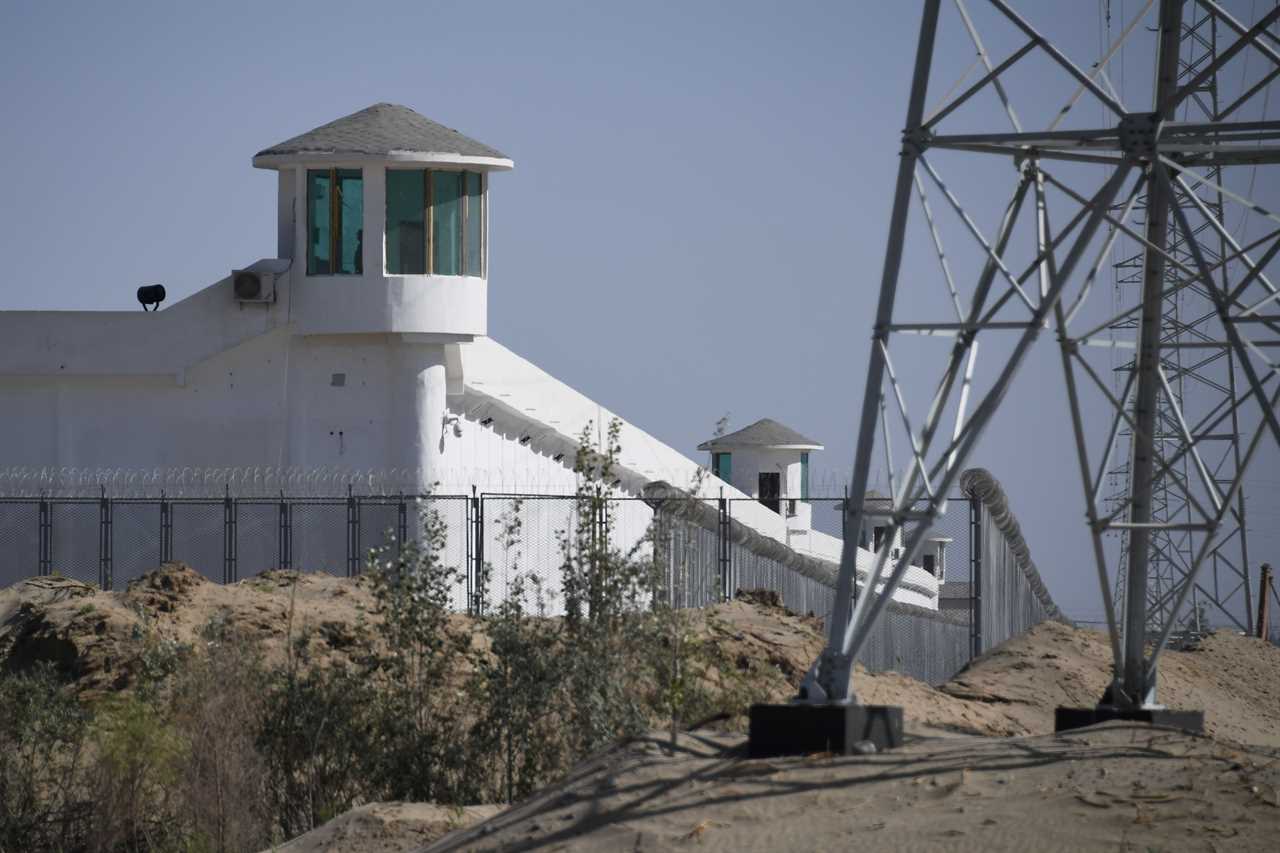
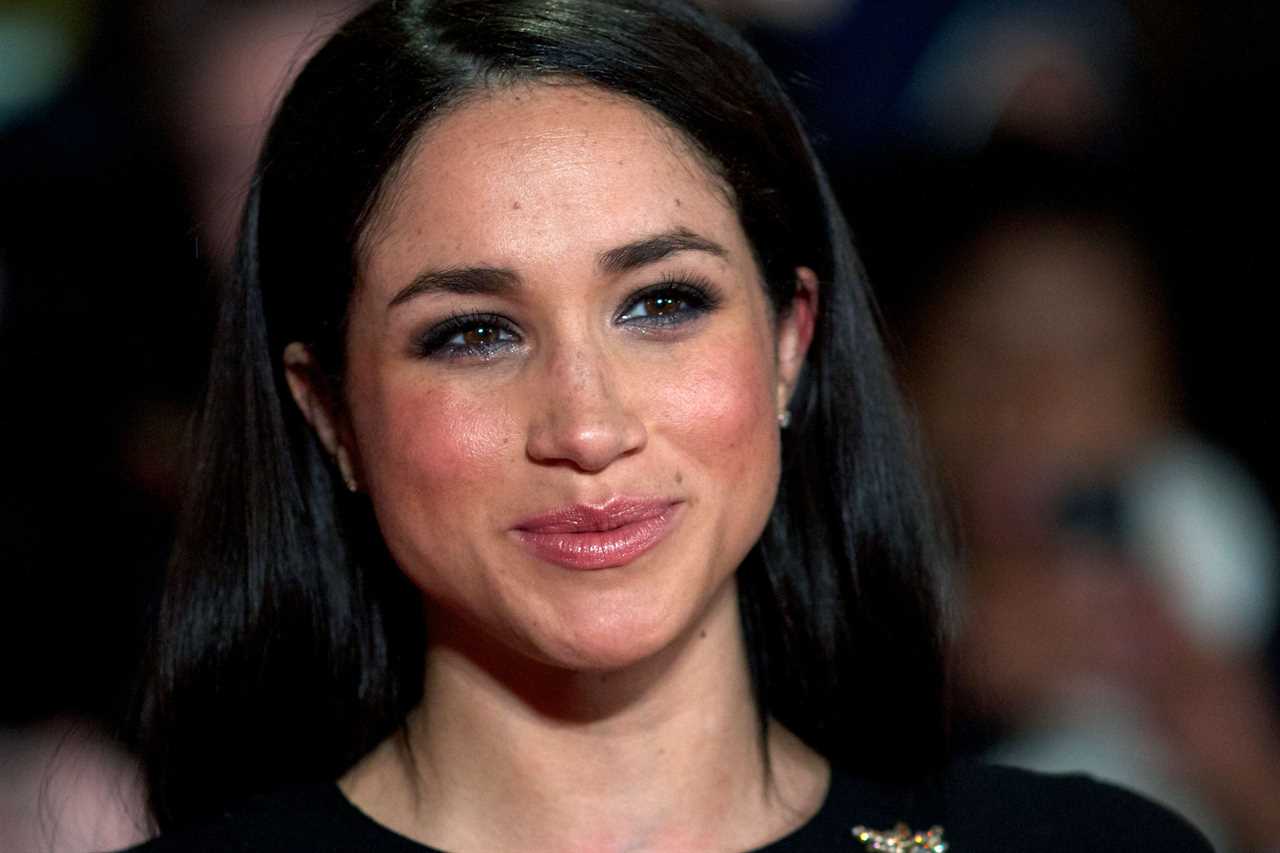
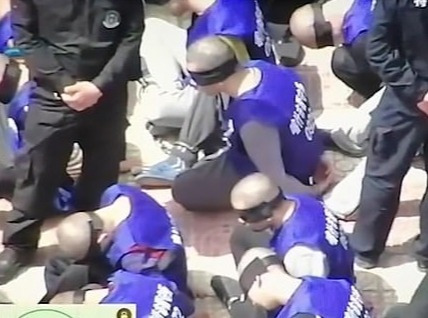
However, it’s understood no forced labour is used by the company and the oats were not grown or processed in the region.
Clevr Blends received its first of five deliveries of oat milk powder from Xinjiang Haiyan on October 6, according to publicly available shipping records seen by the Mail.
While its most recent delivery – of 8.8 tons – arrived on arrived on February 28, according to the US import records provided by data firms Panjiva and Import Genius.
However, the firm has now halted trade with Xinjiang Haiyan and uses Canadian oats.
It has been reported that the Duchess of Sussex had no knowledge of Clevr Blend’s relationship with Xinjiang Haiyan.
HOW LATTE TROUBLE
Clevr Blends, which sells instant oat-milk lattes, costing £20 for a packet with 14 servings, was founded by Hannah Mendoza and Roger Coppola in California, in 2019.
Its website states that “ethics are always at the forefront of our product”, adding: “We prioritise working with smaller, family run ingredient suppliers or those with more transparent supply chains.
Meghan first revealed she was investing back in December.
She told Fortune magazine: “I’m proud to invest in Hannah’s commitment to sourcing ethical ingredients and creating a product that I personally love and [that] has a holistic approach to wellness.”
But campaigners have warned that no business should be done with any Xinjang based firms.
Chloe Cranston of Anti-Slavery International told the Mail: “It’s virtually impossible to be sure that any workplace in the Uighur region is free from forced labour, so no responsible business should wish to trade with any organisation based there.
“The situation is a human rights crisis at a level that we haven’t seen since the Second World War and the situation is that companies have to choose whether they want to be on the right side of history or not.
“Any investor – regardless of who they are – should hold their portfolio companies accountable on their ties to the Uighur region.”
The Uighurs, or Uyghurs, are a Turkic ethnic group originating from central and eastern Asia.
They are recognised as being native to the Xinjiang Uighur autonomous region in north west China and officially recognised as one of China’s 55 ethnic minorities.
The Chinese government only recognises them as a regional minority in a multicultural nation.
Critics have said China is carrying out a policy of cultural and ethnic genocide against the Uighurs.
The Chinese government maintains its actions in Xinjiang as justifiable responses to a threat of extremism and terrorism.






